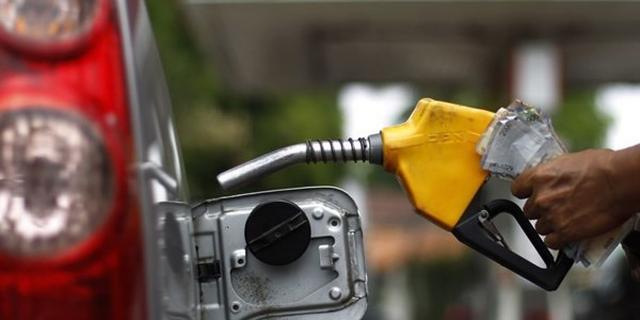The National Petroleum Authority (NPA) says discussions are ongoing with the Ministries of Finance and Energy to find a manageable solution to the persistent rise in fuel prices.
It said the deliberations will focus largely on the possible removal of some taxes on petroleum products.
“We are also concerned, there are a lot of discussions we are having with the Ministry of Energy, and we are seeing if together with the Ministry of Finance, we will make some proposals,” Head of Pricing at the NPA, Abass Ibrahim Tasunti said.
Fuel prices at some fuel stations have crossed the GH¢8 per litre mark in the first week of March 2022 with predictions that the commodity will sell at GH¢9.00 per litre by close of the month.
READ ALSO :
Cabinet considers possible subsidy on fuel after prices hit GHS8.00 per litre
But Abass Ibrahim Tasunti maintains that the situation can be blamed largely on current happenings on the global oil economy; thus, the government will play a role in cushioning citizens.
“For us, we don’t make the fiscal and economic policies for government on how we regulate the fuel industry because the pricing is sone according to world formula. If you look at the taxes in the formula, they are approved by Parliament. So, if any of them are to be removed, it has to go back to Parliament.”
In the meantime, the Minority in Parliament is demanding the immediate scrapping of taxes in the petroleum price build-up that have outlived their purpose.
It argues that those taxes constitute about 40% of the price build-up on the products.
Making a strong case for its removal, the minority said such a move would drastically reduce the price of fuel and subsequently relieve Ghanaians who have endured high prices of the products.
“At the time the price of crude in the world was around US$30 we had a problem with the FPSO Kwame Nkrumah crude, so production came down.”
“That is why the Special Petroleum Tax was introduced to help us rake in some revenue. In the 2016 budget, we had introduced sub-clauses that by 2017 this tax should be off and the reason is that by then, we would have sorted the issues with the FPSO Kwame Nkrumah”, Member of Parliament’s Mines and Energy Committee, Edward Bawah said.
Citinewsroom





